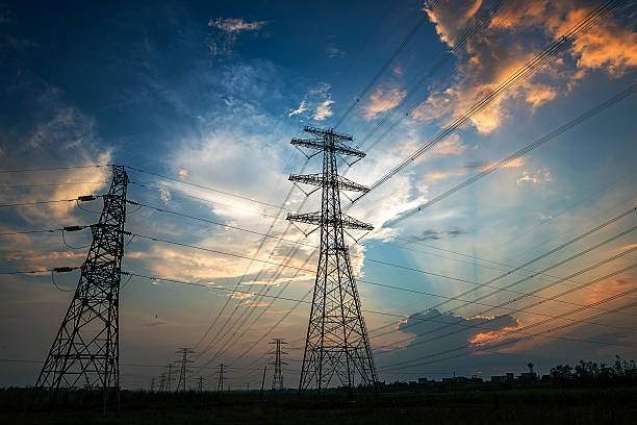Power companies of Tajikistan and Afghanistan have signed a supplementary agreement on delivery of Tajik electricity to Afghanistan in 2022, press secretary of Tajik energy holding Barki Tojik Nozirjon Edgori told Sputnik on Tuesday
DUSHANBE (Pakistan Point News / Sputnik - 28th December, 2021) Power companies of Tajikistan and Afghanistan have signed a supplementary agreement on delivery of Tajik electricity to Afghanistan in 2022, press secretary of Tajik energy holding Barki Tojik Nozirjon Edgori told Sputnik on Tuesday.
"Barki Tojik and Da Afghanistan Breshna Sherkat (DABS) have collaborated since 2008 with the contract concluded for 20 years. The agreement signed on December 26 in Tashkent is a supplementary agreement, which is implemented throughout the year to determine the amount of electricity supplied," Edgori said.
Under the terms of an addendum agreement, Barki Tojik will provide the Afghan company with up to 400 megawatts of electricity per 24 hours from May to September 2022, he explained.
"The point is that during this period Tajikistan has an electricity surplus, which we export to Uzbekistan and Afghanistan," he added.
Edgori noted that in autumn and winter Afghanistan receives 25-30 megawatts of electricity, mainly to protect the energy equipment. This volume of electricity does not affect the overall power balance in Tajikistan. Afghanistan pays 3 cents for each kilowatt transmitted through 110 kW power lines, and 4.5 cents per kilowatt via 220 kW power lines.
"An important prerequisite for a supplementary agreement is a timely repayment of DABS debts, which is being gradually implemented," Edgori stressed.
Afghanistan imports an estimated 78% of its electricity from neighboring countries, including Tajikistan, Turkmenistan and Uzbekistan, which expressed profound concerns about payments of electricity bills after the Taliban (under UN sanctions for terrorism) takeover in Afghanistan in mid-August. In October, one of DABS chiefs requested the UN mission in Kabul to help the country pay its $90 million energy debts as part of humanitarian aid, but received no response.
In November, the Taliban government reaffirmed its commitment to repay its electricity debts, calling on suppliers to avoid cutting off power delivery, stressing that Afghanistan can produce electricity on its own.




